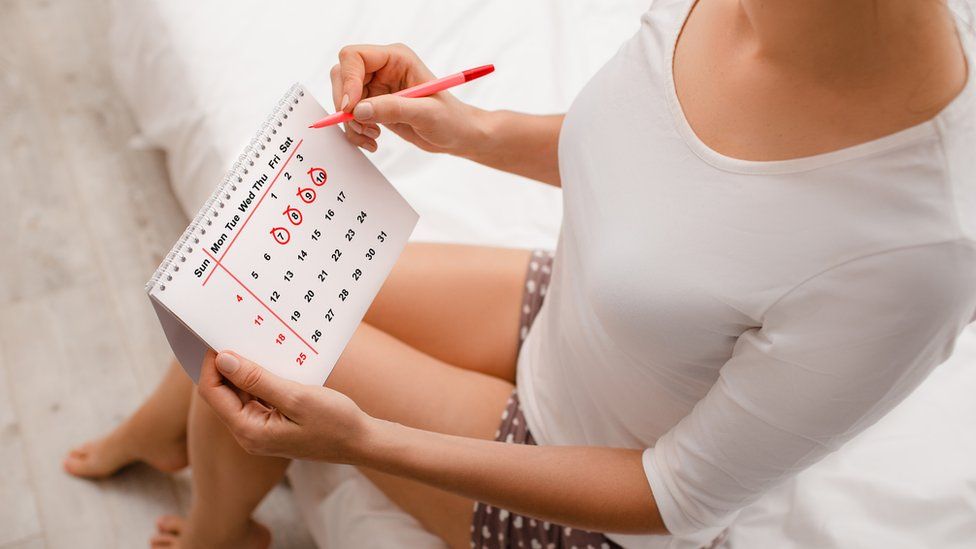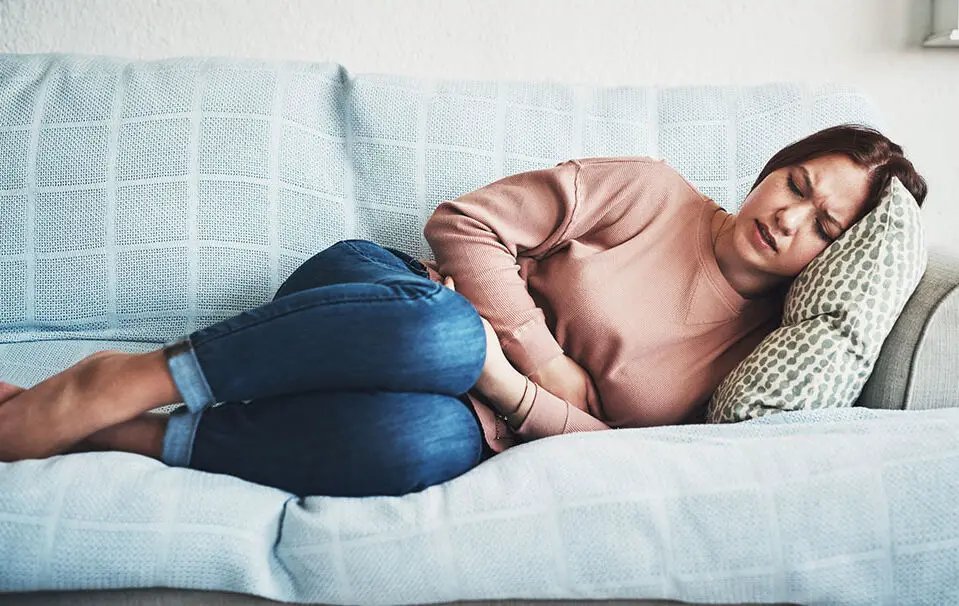Women are no exception in enjoying alcohol. Even though they get drunk more quickly than men, enjoying the moment while sipping their favorite beer or liquor is all that matters to them. After drinking a significant amount, though, some women complain that their periods have stopped or worsened, cramps have intensified, and conception is difficult. Many blamed alcohol for causing these irregularities. Is it true that alcohol can genuinely affect menstruation as well as pregnancy?
Table of Contents
ToggleWhat is Menstruation?
Menstruation is one of the common occurrences in a woman’s body, as it always prepares itself for a possible pregnancy every month. According to an article by Cleveland Clinic about menstruation, it is described as the monthly shedding of the uterus’ linings after a failed fertilization attempt.
Before this, the woman’s reproductive process or the menstrual cycle begins when the Luteinizing hormones (LH) and follicle-stimulating hormones (LSH) are produced by the pituitary gland. These hormones will stimulate ovulation by encouraging the egg cells in the ovaries to grow and become mature. The ovaries will then respond by producing estrogen hormones.
As the eggs mature and the estrogen hormones reach their highest peak, the production of LSH will then be reduced. The pituitary gland will produce more LH, prompting the most mature egg cell in the ovaries to go out and then go to the fallopian tube.
It will then wait there for 24 hours to be fertilized by the sperm cell. After that, the ovary, where the egg cell had left, produces progesterone, a hormone that will stimulate the uterus and breasts to prepare for a possible pregnancy.
The linings in the uterus will then be instructed to thicken themselves by plumping up blood and nutrients to it so that when fertilization occurs, the fertilized egg will implant itself in the said linings and develop. If it doesn’t happen, however, the estrogen and progesterone levels will decrease, and the lining of the uterus will stop filling up and eventually degenerate, shedding the combination of blood and nutrients and releasing them out of the body through the vagina.
Can Alcohol Affect Your Period?
According to research conducted by the University of Illinois in the US, discussed in this article by Mail Online, women are more likely to crave alcohol when their estrogen level is at its highest. Drinking small amounts of alcohol during your period won’t affect it, but too much drinking can. As we all know, drinking can cause alcohol-related symptoms like dizziness, irregularities in sleeping, and hangovers, among others.
Women, specifically, have their own hardships when drinking alcohol, most especially when their period comes. Alcoholic drinks that are drunk moderately or heavily are said to cause irregular ovulation, according to an article by Mayo Clinic. As stated above, different hormones are produced on different time frames of the menstrual cycle.
A woman’s body should have the right level of estrogen and progesterone in these time frames in order for normal and successful ovulation to happen. Alcohol consumption can affect the liver and the whole endocrine system, which are responsible for processing your body’s hormones. The hormonal fluctuations that were caused by this reaction can make your period stop entirely, boost blood flow or change the duration or time frame of your entire menstrual cycle.
How Drinking Alcohol Affects Your Period

There are numerous effects of drinking alcohol on a woman’s body during her period. These effects and severity might differ depending on the woman’s overall physical condition, so please assess yourself on which of these effects apply to you and seek medical assistance immediately if they become unbearable.
1. Premenstrual Syndrome (PMS)
Alcohol consumption increases the risk of having PMS symptoms. Alcohol doesn’t cause it, though as what’s causing it is still unknown. It just intensified the symptoms, making a woman’s life difficult. Females often crave alcohol during PMS to cope with or ease symptoms like irritability, mood swings, and many more.
What they don’t know is that instead of easing the pain, it only makes matters worse. This is the reason why health professionals advise women to avoid drinking while experiencing PMS to avoid further hardships and pain.
2. Painful Cramps
Another effect of drinking during a period is the occurrence of painful cramps. Menstrual cramps occur due to excessive levels of prostaglandins in the body. Prostaglandins are described as a group of lipids with hormone-like actions that are tasked to assist in healing illnesses and injuries and repair damaged tissues at the parts of the body where tissue damage or infection had occurred.
Aside from these functions, prostaglandins are also responsible for uterus contractions during a period. These contractions on the uterine muscle help release the endometrium or the uterine lining on a woman’s uterus, making a period.
Alcohol is a diuretic, this means that drinking it will make your body keep releasing liquid in the form of urine. Excessive water loss will make your body dehydrated, worsening the cramps. To fix this, you should always make sure your body is well-hydrated, as this will help your abdominal muscles, as well as your uterus, to cramp less. Water can also make your blood thinner, making it easier for your body to flush it out.
3. Heavy Blood Flow During Menstruation
There are numerous cases that a woman’s period gets more difficult due to more blood flowing out because of alcohol. Alcohol increases estrogen levels which leads to heavier periods.
As stated above, estrogen helps stimulate the endometrium or the uterine lining, which means the more estrogen present, the more lining will be created, and thus more will be shed when fertilization fails. More concentration of blood and nutrients will be flushed out, creating a heavy downpour.
4. Conception or Pregnancy Difficulties
Drinking alcohol can also make pregnancy harder to achieve as ovulation can be affected by irregular hormone levels. As stated above, the right amount of hormones should be produced in order for ovulation to happen without fail. This is the reason why women who plan to get pregnant should limit their drinking habits or stop it temporarily to ensure a successful and problem-free pregnancy.
Conclusion
Alcohol has many negative effects on our body, most especially if we drink more than what is advised. Women, in particular, will have a hard time if they drink during their period. Menstruation is not something that they can control, as it naturally happens every month.
The effects of drinking alcohol while on your period will always depend on the amount you drink and how often you drink, along with the overall condition of your body. It should always be taken into consideration that alcohol will always have a bad effect on your period as it will worsen menstrual symptoms such as PMS and cramps.
Those who want to get pregnant will also fail, as ovulation will not be possible due to irregular hormone levels. Always remember that you should always try to avoid drinking during your period, especially when the estrogen levels in your body get high, as you will surely crave it more.
Avoiding alcohol temporarily can also help you conceive successfully if you are planning to get pregnant. Always monitor your body for irregularities and visit your doctor if you feel something is not right, most especially after drinking alcohol. Always keep yourself hydrated, sleep early, and eat nutritious food during your period to ease its symptoms and avoid further complications.

I am a passionate beer connoisseur with a deep appreciation for the art and science of brewing. With years of experience tasting and evaluating various beers, I love to share my opinions and insights with others and I am always eager to engage in lively discussions about my favorite beverage.
















